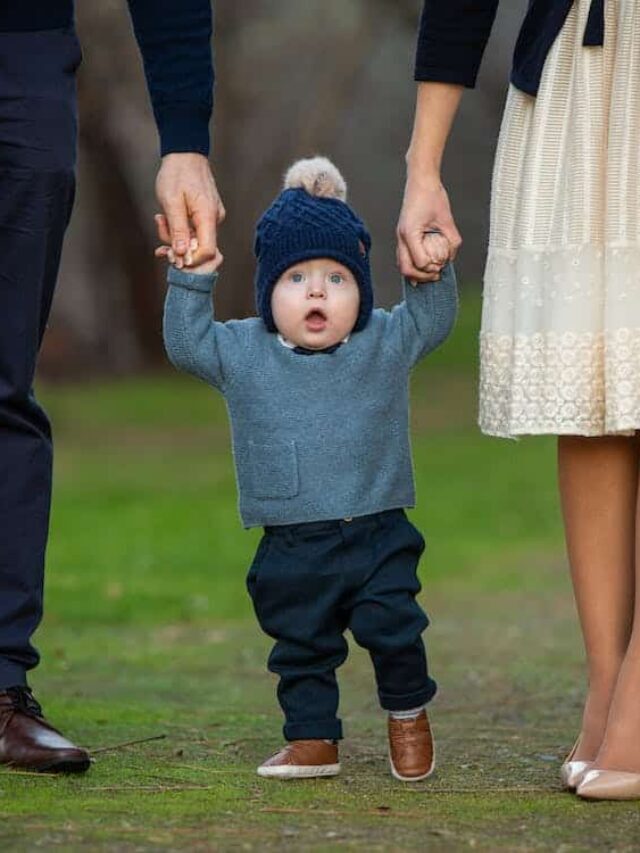Signs Your Child Doesn’t Respect You
What to Look For and How to Fix It
As parents, we all want our children to grow up to be respectful, responsible, and kind adults. However, sometimes we may feel like our children don’t show us the respect we deserve. In this article, we’ll explore some of the signs that your child may not be respecting you, as well as some tips for how to address the issue.
Introduction
It’s important to note that every child is different and there may be various reasons why a child may not be showing respect towards their parents. However, as parents, it’s crucial to recognize the signs of disrespect and take action to address it.
Signs Your Child Doesn’t Respect You
Rolling Their Eyes or Sighing
When your child rolls their eyes or sighs in response to something you say or do, it can be a sign of disrespect. These behaviors can indicate that your child doesn’t value your opinion or is frustrated with you.
Talking Back or Arguing
If your child talks back or argues with you regularly, it’s a sign that they don’t respect your authority. It’s essential to teach children how to communicate effectively and respectfully, but they should also understand that you, as a parent, have the final say.
Ignoring You

If your child frequently ignores you or tunes you out when you’re speaking to them, it can be a sign that they don’t respect you. Children should learn that listening and responding to others, especially their parents, is an essential part of respectful communication.
Disobeying Rules
If your child frequently breaks the rules you’ve set for them, it can be a sign that they don’t respect your authority. Children should learn that there are consequences for their actions and that following rules is a part of being a responsible and respectful person.
Acting Entitled
If your child acts entitled and expects you to do things for them without showing appreciation or gratitude, it can be a sign that they don’t respect you. Children should learn that respect is earned, and they should show appreciation for the things their parents do for them.
How to Address Disrespectful Behavior
Be a Role Model
Children learn by example, so it’s essential to model the behavior you want to see. If you want your child to be respectful, you need to treat them with respect and kindness.
Set Boundaries
Setting clear boundaries and consequences for disrespectful behavior can help your child understand what is and isn’t acceptable. It’s important to stick to these boundaries consistently to reinforce their importance.
Encourage Open Communication
Encourage your child to express their thoughts and feelings in a respectful manner. Let them know that their opinions are valued, but they need to communicate them respectfully.
Praise Positive Behavior
When your child shows respectful behavior, make sure to acknowledge and praise it. Positive reinforcement can go a long way in encouraging good behavior.
Conclusion
Every child is different, and it’s natural for them to test boundaries and push limits. However, it’s essential to recognize the signs of disrespect and take action to address them. By being a positive role model, setting boundaries, and encouraging open communication, you can help your child learn how to be a respectful and responsible person.
FAQs
- What if my child’s disrespectful behavior is due to an underlying issue, such as anxiety or depression?
If you suspect that your child’s behavior is due to an underlying issue, it’s essential to seek professional help. A mental health professional can help you identify and address any underlying issues that may be contributing to your child’s behavior.
Disclaimer :Follow anything at your own risk.






